"DEX aggregators, we talked abot them..." Yes John, but now we will go more in depth about them. Here is a reminder of what they are :
Imagine you're at a farmers' market with many stalls selling the same apples, but at slightly different prices. DEXs (decentralized exchanges) are like these stalls, each with its own price for cryptocurrencies. Sometimes, it's hard to find the best deal because prices vary.
Now, think of DEX aggregators as your personal shopping assistant. They check all the stalls (DEXs) and figure out the cheapest way for you to buy your apples (cryptocurrencies). Instead of going to just one stall, they help you combine the best prices from different stalls to save you money and get more apples for your buck.
So, DEX aggregators help you make big cryptocurrency trades more efficiently, saving you on fees and getting you better prices.
"We also talked about DEX Aggregator Protocols friend..." Again, as we will go more in details about them, we need to a reminder :
1inch Network: Imagine you're shopping online, and a tool helps you find the best deals on different websites. 1inch Network does something similar for cryptocurrency trading. It looks for the best prices across different places where you can trade crypto, like finding the cheapest price for your favorite sneakers. It also has its own special tokens, like discount coupons, and lets you vote on how it works.
Matcha: Think of Matcha as a super-smart shopping assistant for crypto. It checks prices on lots of websites (DEXs) and figures out the best way to buy or sell cryptocurrencies to save you money. It uses both online and offline methods to find the best deals, like checking prices online before you go to the store. It charges a small fee but shares any savings it gets with you.
ParaSwap: ParaSwap is like a price comparison tool for cryptocurrency. It looks at the prices of cryptocurrencies on many different websites and shows you which one is the best deal, considering fees and other costs. It also helps save on gas fees, like finding a cheaper route for your road trip. It makes money by taking a small part of fees from other services and sharing some of the savings with you.
These tools make it easier for people to trade cryptocurrencies by finding the best prices and saving on fees. They also work on different blockchain networks to give you more options.
"Ok, now this is new. Please explain what are those performance factors." Sure thing bud :
DEX aggregators, like smart shopping assistants for crypto, can be tricky to compare because there's more to it than just the quoted price. Here's why:
Imagine you want to trade 1,000 USDC for 1,000 USDT.
- Aggregator X says it can do it for you and quotes a price of 1,000 USDT with a fee of 5 USDT, so you'll get 995 USDT.
- Aggregator Y quotes 1,005 USDT but has a fee of 15 USDT, so you'll get 990 USDT.
At first glance, Aggregator X looks better because it seems cheaper. However, these are just estimates they give you before the actual trade. When you do the trade, the time it takes to complete it can affect the final price. Things like how busy the network is and the size of the trading pools can change during that time. The aggregator's smart system can also make a difference by finding a better, more efficient way to do the trade and save on fees.
One more thing to remember is that for bigger trades, the savings you get from using these aggregators can be much higher because bigger trades can have more price changes. Smaller trades might not need these aggregators because one pool is enough.
So, when you look at how well these aggregators work, think about these four things:
- How smart is the system they use to find the best trade?
- Where do they get the crypto from for your trade?
- What's happening in the crypto market right now?
- Is your trade big or small?
"And what are the associated risks?" Here is your answer John :
When using DEX aggregators, it's important to remember that the prices they show you might not always be exactly what you get. They try their best to make sure your trade matches the quoted price, but it doesn't always work out that way.
Also, think about the size of your trade. DEX aggregators are great for big trades because they can save you money, but for small trades, it might be better to use a DEX directly.
DEX aggregators are generally trustworthy, but sometimes they send your trade through small and not-so-popular pools. So, before you say "yes" to a trade, make sure the slippage (the difference between the expected price and the actual price) isn't too high. It's like double-checking the price tag before buying something.
"Is this all of them?" No Johny, here are some notable mentions :
- DEX.AG (now Slingshot): This is a smaller DEX aggregator. Think of it as a tool that helps you find the best prices for your trades across different DEXs. They use their own special way to find the best routes for your trades. They recently changed their name to Slingshot. As of April 2021, they work with 18 different places where you can trade, and they don't charge any extra fees for trading through them. They also had some updates in the works, but those weren't live yet.
- Totle: Totle is another small DEX aggregator. They have their own tool called the Totle API, which helps you find the best prices for your trades. As of April 2021, they work with 15 different places where you can trade.
TL;DR :
DEX Aggregators: Think of them as money-saving superheroes for crypto trades. They find the best prices across different crypto marketplaces, saving you money and time, especially for big trades.
DEX Aggregator Protocols: These advanced tools not only find the best deals but also have their own unique features and tokens, making crypto trading easier and cost-effective.
Performance Factors: Comparing DEX aggregators involves considering their smartness, data sources, market conditions, and trade size.
Associated Risks: Prices may not always match what's quoted, so be cautious, especially for small trades.
Notable Mentions: Smaller DEX aggregators like Slingshot and Totle also offer similar services with their own perks.
All of the info above was written by me with the help of the How to Defi book, advanced edition, from Coingecko. Hope it helped others like it did for our boy John here!
[link] [comments]

You can get bonuses upto $100 FREE BONUS when you:
💰 Install these recommended apps:
💲 SocialGood - 100% Crypto Back on Everyday Shopping
💲 xPortal - The DeFi For The Next Billion
💲 CryptoTab Browser - Lightweight, fast, and ready to mine!
💰 Register on these recommended exchanges:
🟡 Binance🟡 Bitfinex🟡 Bitmart🟡 Bittrex🟡 Bitget
🟡 CoinEx🟡 Crypto.com🟡 Gate.io🟡 Huobi🟡 Kucoin.
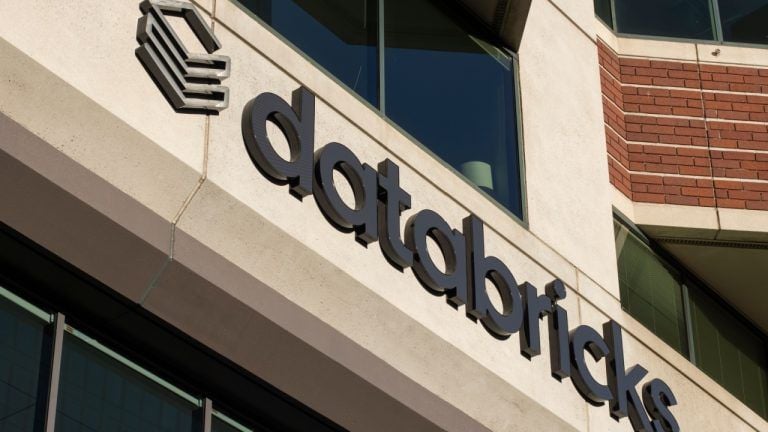

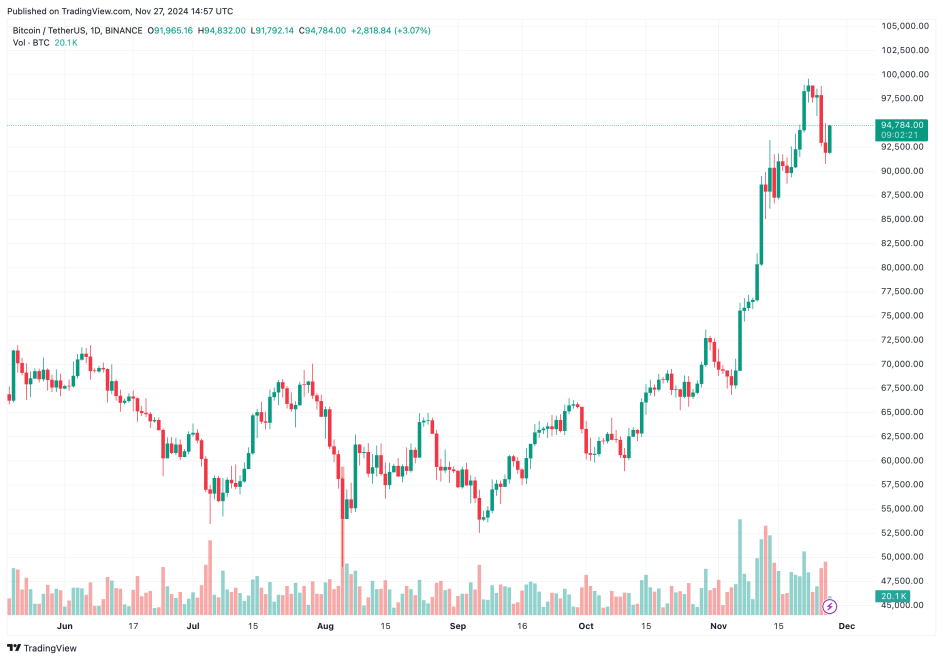
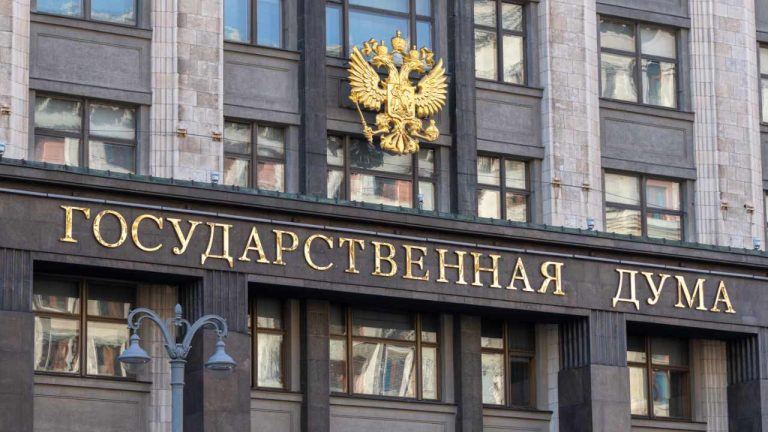


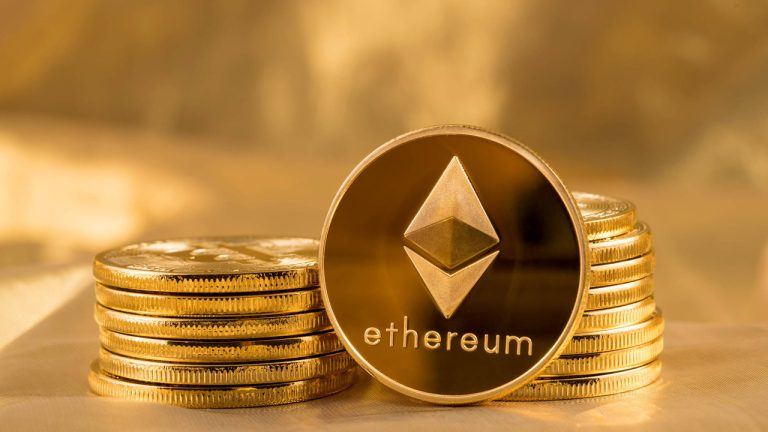
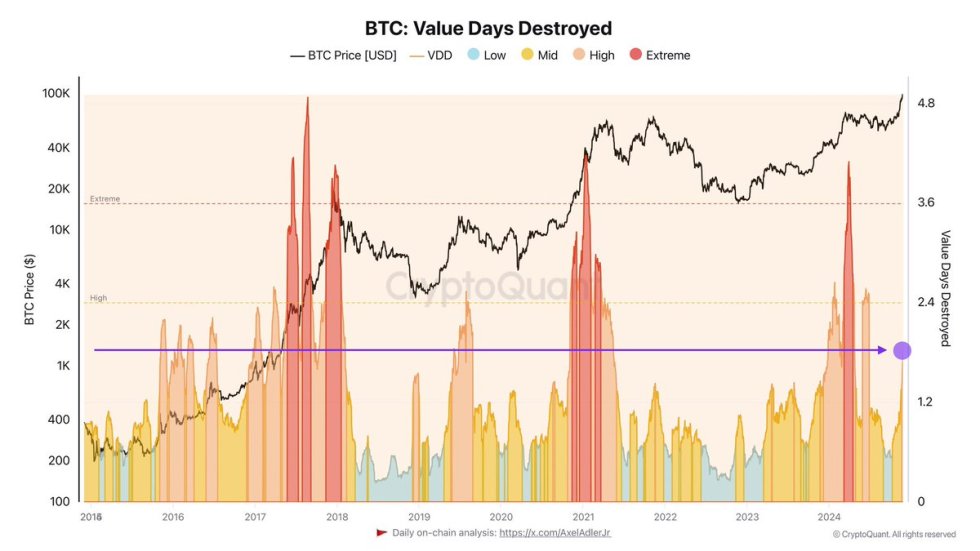
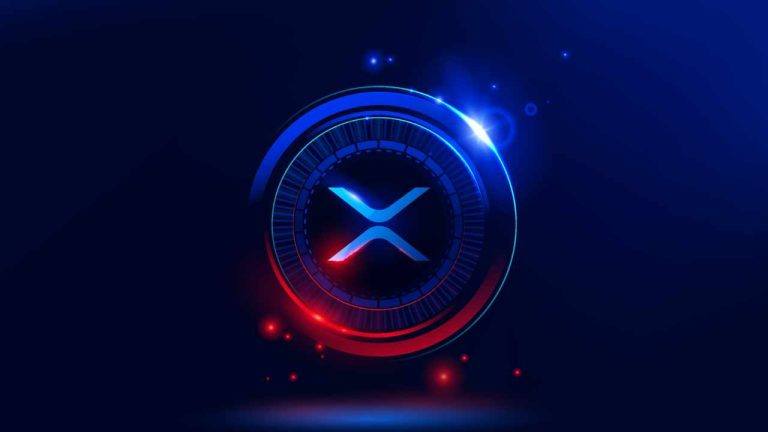


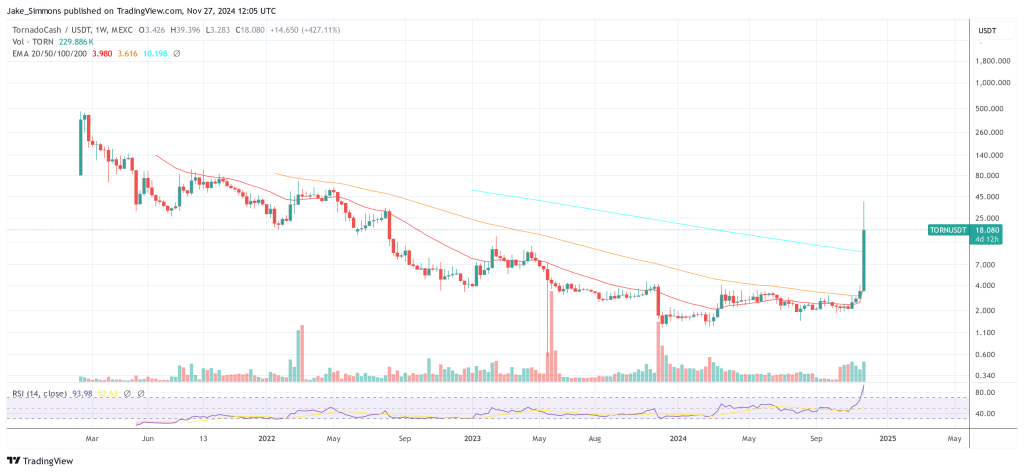
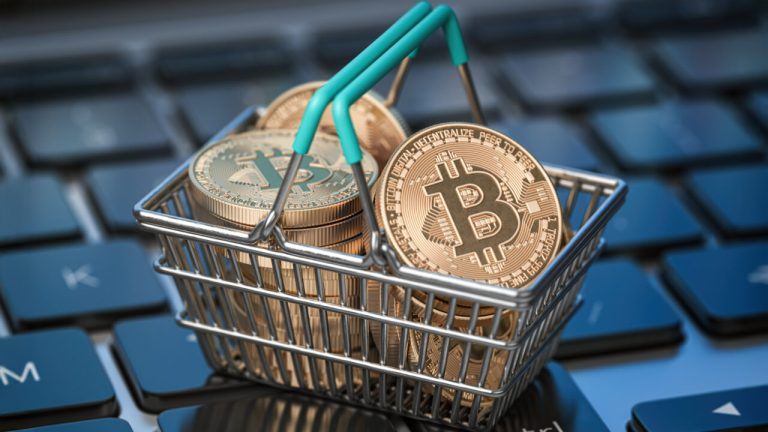
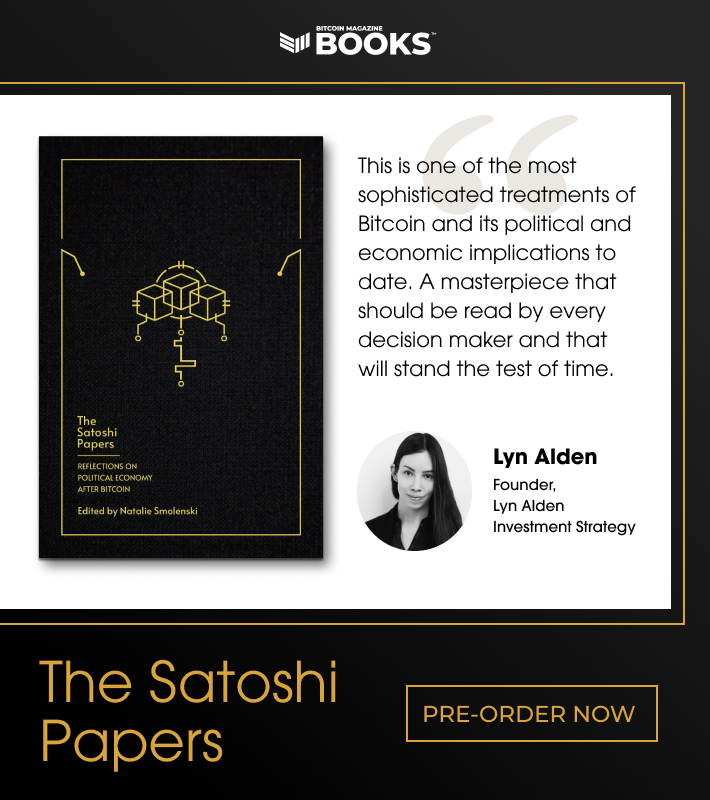
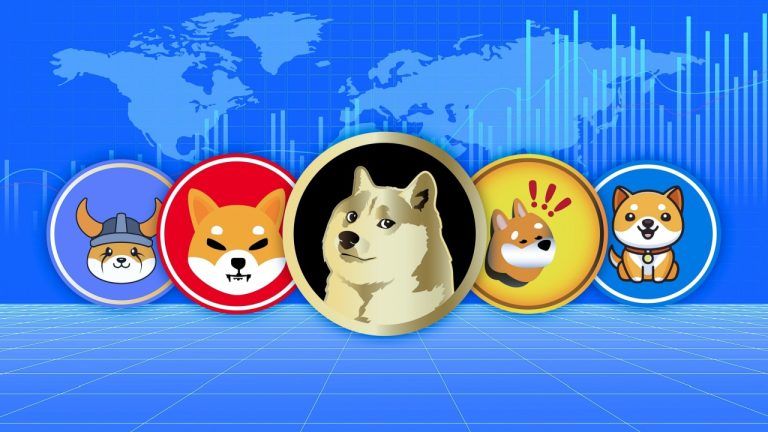


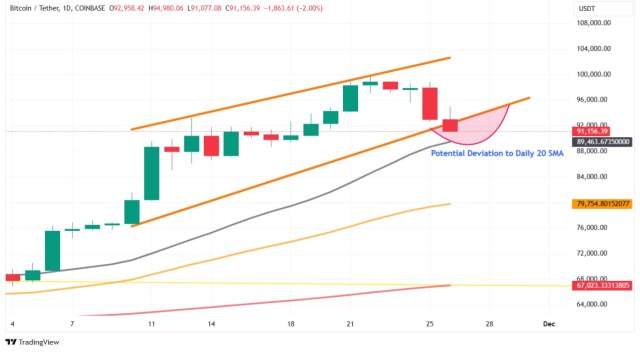
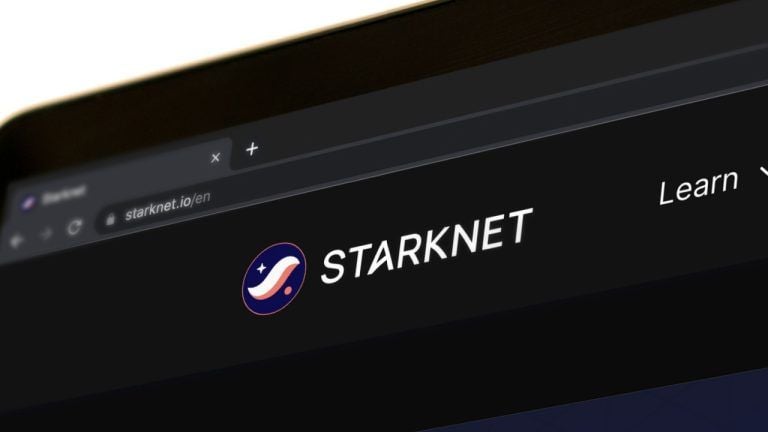

Comments